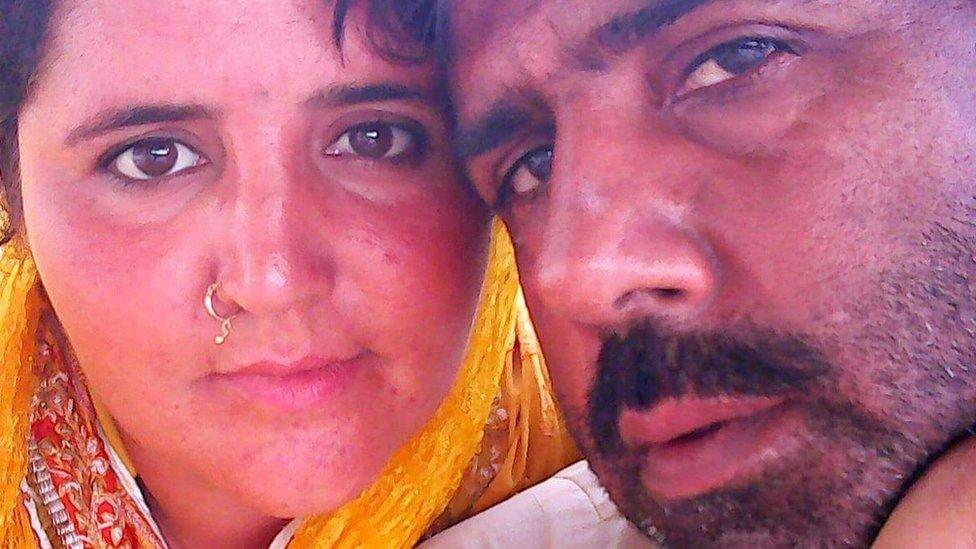Afzal Kohistani: 'Honour killing' whistleblower shot dead
- Published
Video showed the women and men singing and dancing at a wedding, as Orla Guerin reported in 2012
The man at the centre of a campaign to expose one of Pakistan's most notorious "honour killings" cases has been shot dead nearly seven years after he brought it to national attention. M Ilyas Khan reports from Islamabad.
A video showing two men dancing as four women sing a wedding song to the beat of clapping would pass as normal anywhere in the world.
But this scene, filmed in 2011 in rural Pakistan, led to chilling consequences. The women in the video, and a young female member of the family who was also at the scene, are believed to have been killed by male relatives for "breaching their honour".
Afzal Kohistani, a brother of the men in the video, has now been killed too. His death comes amid a blood feud that has also seen three of his other brothers killed.
Mr Kohistani was shot dead in a busy commercial area of the north-western city of Abbottabad on Wednesday night, police said, quoting witnesses to the killing. He suffered multiple injuries and died on the spot, they said.
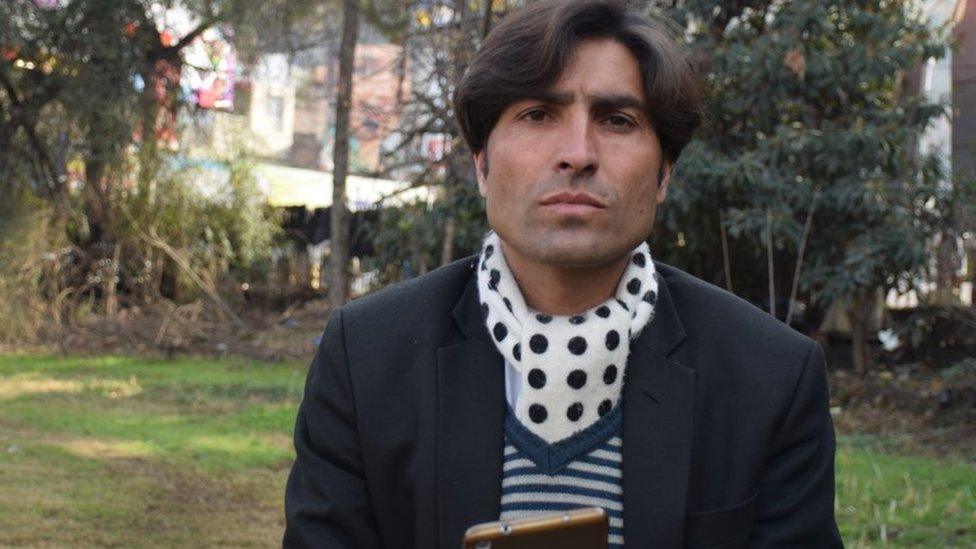
Afzal Kohistani had warned his life was in danger
In 2012, Mr Kohistani entered the public eye as one of the first Pakistanis to violate a local custom in remote northern Kohistan district whereby matters of family honour are settled in blood. Those perceived to have violated the code are killed with the mutual consent of families involved.
About 1,000 "honour-killings" of women by relatives are recorded each year in Pakistan, say human rights campaigners. The real number is likely to be much higher. A much smaller number of men are murdered in such cases.
According to the custom, the male family members of a woman suspected of an out-of-wedlock liaison should first kill the woman, and then go after the man. The family of the man would not oppose this action.
Disregarding this local code, Mr Kohistani brought the wedding video case to national attention in June 2012, when he claimed that the women in the video had been killed by their family a month earlier, and that the lives of his younger brothers, two of whom were seen dancing in the footage, were in danger.
The pair were sent into hiding. At this point human rights groups had taken notice of the case and began lobbying the courts - prompting the Supreme Court to order an inquiry.
But the investigators found no conclusive evidence of the so-called honour killings of the women, which are illegal under Pakistani law. They were presented with three women who family members said were proof that those who appeared in the video were alive.
Farzana Bari, an activist and academic who took part in the inquiry, said she had suspicions that at least two of the women were "imposters", but the Supreme Court closed the case.
Afzal Kohistani's decision to break the traditional codes - Kohistan is one of the most conservative and inaccessible parts of Pakistan - sparked a feud between his family and that of the women.
The model and the mullah
Three of his older brothers were killed in 2013 - six men from the women's family were convicted in connection with the murders in what was seen as a landmark case in Kohistan. However they were acquitted by the high court in 2017.
Amid the feud, Mr Kohistani's house was firebombed and destroyed but he did not relent. He moved home and continued to talk about what had happened to the women - lobbying police officers and courts and drawing attention from the media.
"He was a fearless voice in Pakistan," said Ms Bari. "This is a man who has been struggling for the last seven years to get justice, and not justice only for him - for himself and his family - but he wanted justice for women not only in Kohistan but in the rest of the country."
Finally, in July 2018, the Supreme Court ordered a fresh police investigation, which led to five further arrests of men from the women's family.
According to the police, the men admitted during interrogation that three of the four women seen in the video had been killed, but retracted their statement when they appeared before a magistrate.
The case remains open but the killing of Afzal Kohistani deepens the tragedy - which started with a video of dancing and singing and has since spiralled into a bloody tale of Shakespearean proportions, with at least nine lives claimed.
He had for years warned that his life was in danger, telling BBC Urdu in a recent interview that his family was living under constant threat.
"Justice will only be done when killers of the women and of my brothers will be sentenced. Only then can we expect an end to honour and reprisal killings in Kohistan."
Hours before his death, Afzal Kohistani told local journalists in Abbottabad that justice was closing in on those responsible for the murders and that he had been warned of an imminent threat to his life.

What is an 'honour killing'?
It is the killing of a member of a family who is perceived to have brought dishonour upon relatives.
Pressure group Human Rights Watch says the most common reasons are that the victim:
refused to enter into an arranged marriage
was the victim of a sexual assault or rape
had sexual relations outside marriage, even if only alleged
But killings can be carried out for more trivial reasons, like dressing in a way deemed inappropriate or displaying behaviour seen as disobedient.
- Published14 September 2017
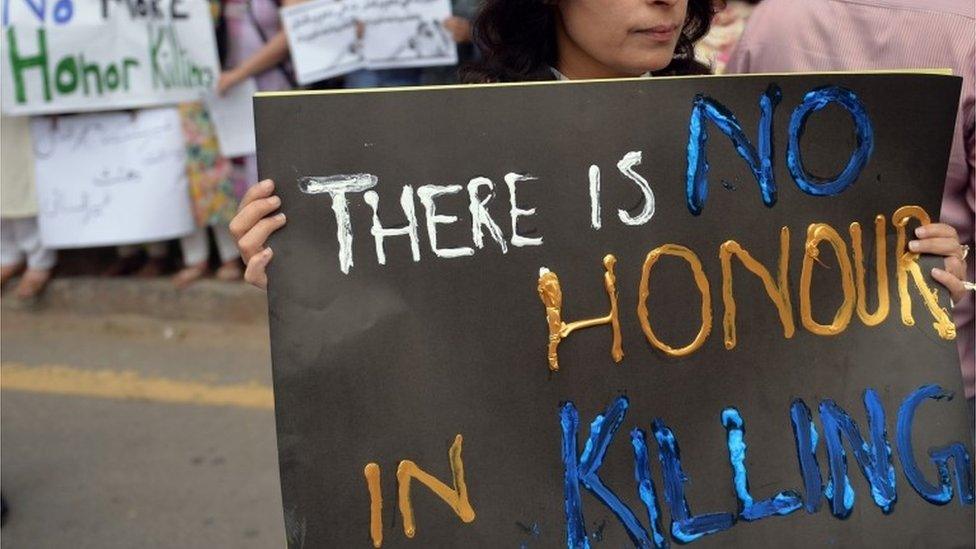
- Published15 February 2019
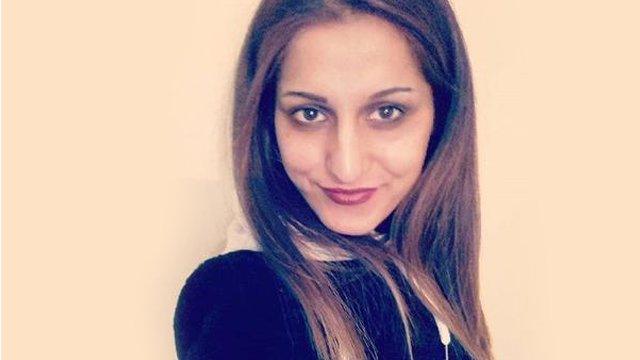
- Published8 June 2016
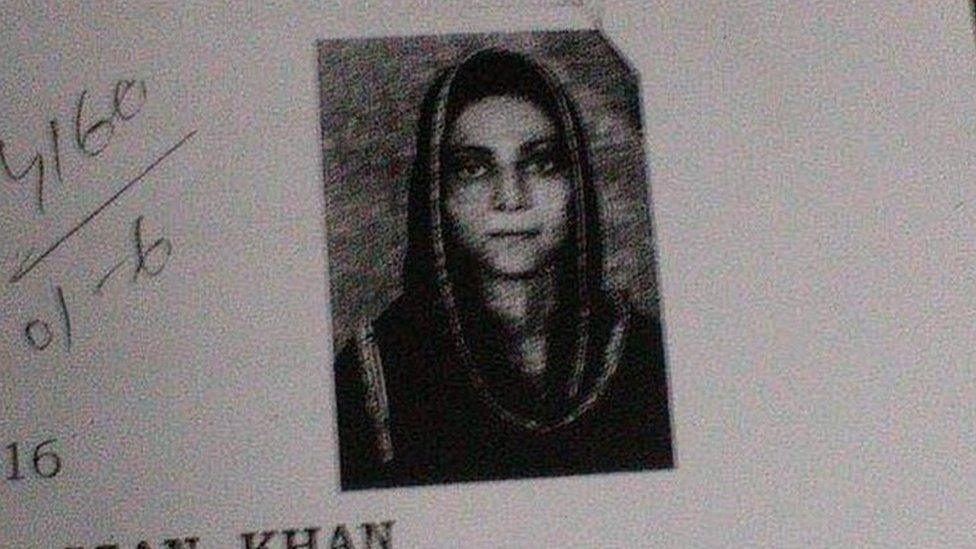
- Published28 December 2016
